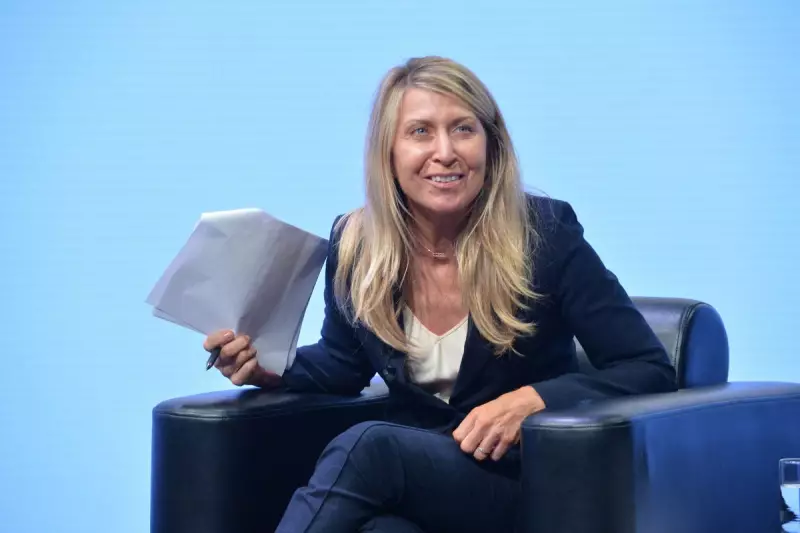
The BBC is facing a storm of criticism and accusations of censorship following its coverage of punk band Bob Vylan's powerful performance at Glastonbury Festival. The publicly-funded broadcaster stands accused of heavily editing the band's set to dilute its strong anti-government and anti-establishment message.
Frontman Bobby Vylan used the coveted 'Legends Slot' on the Pyramid Stage to deliver a searing critique of the current political climate. The band's performance of tracks like 'Pretty Songs' and 'He's a Man' was punctuated by direct commentary, with the singer stating, "We've had 14 years of a Tory government... I don't know how much more we can take."
However, viewers who later watched the edited highlights on BBC iPlayer noticed significant alterations. The broadcast version conspicuously omitted the most politically charged moments, including the direct government criticism and a powerful speech by Vylan highlighting the struggles of the working class.
A Pattern of Editorial Interference?
This incident is not isolated. It follows a recent Ofcom ruling that found the BBC's news coverage had breached due impartiality rules in its reporting on the controversial 'Eat Out to Help Out' scheme. This pattern has led to growing concerns about editorial independence and political pressure within the corporation.
Fans and free speech advocates have taken to social media to express their outrage. Many have labelled the editing as "intellectually dishonest" and a form of "soft censorship." The band itself has yet to comment publicly on the edited broadcast.
The BBC's Defence
In response to the growing controversy, a BBC spokesperson issued a statement: "As one of the world's largest broadcasters we have a responsibility to our audiences to ensure we meet our editorial standards... As such, we edit some performances to make them suitable for a broad audience."
This explanation has done little to quell the anger. Critics argue that editing out political commentary from a punk performance fundamentally misrepresents the artist's intent and the genre itself. The debate raises critical questions about the role of a public service broadcaster in presenting challenging and dissenting voices, especially during a major election period.





